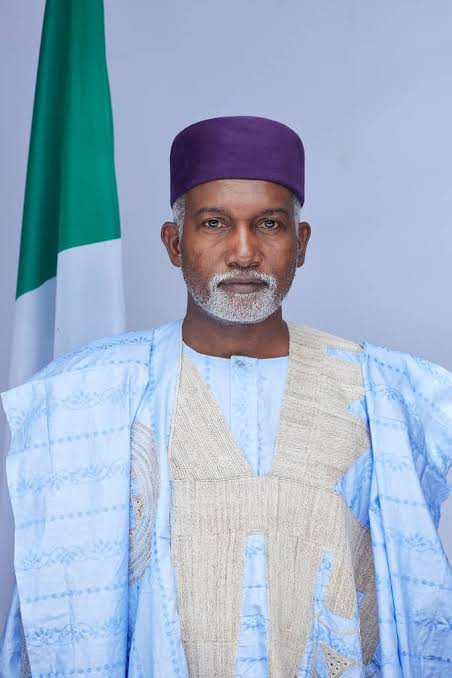Nigeria’s Economic Outlook: Challenges And Opportunities In A Post-Trump Era
Posted on January 24, 2025
EMMANUEL PETER ADAYEHI

Nigeria, Africa’s largest oil producer, is heavily dependent on crude oil exports, making its economy vulnerable to fluctuations in global crude oil prices. This article examines the potential impact of these fluctuations on Nigeria’s economy and proposes strategies to mitigate their effects.
The Impact of Crude Oil Price Fluctuations
Numerous studies have shown that fluctuations in global crude oil prices can have significant effects on oil-dependent economies like Nigeria. A decline in global crude oil prices can lead to a significant reduction in Nigeria’s revenue, as the country’s oil exports generate a substantial portion of its revenue.
Effects on Revenue, Exchange Rate, and Economic Growth
Fluctuations in global crude oil prices can also impact Nigeria’s exchange rate, leading to a depreciation of the naira, making imports more expensive and contributing to higher inflation. Furthermore, fluctuations in global crude oil prices can impact Nigeria’s economic growth, leading to reduced government spending, lower economic activity, and slower economic growth.
Mitigating Strategies
To mitigate the effects of global crude oil price fluctuations on Nigeria’s economy, the following strategies are proposed:
1. *Diversify the Economy*: Nigeria should reduce its dependence on oil exports by developing other sectors such as agriculture, manufacturing, and services.
2. *Improve Infrastructure*: The government should invest in accredited roads, energy, and transportation systems to facilitate the movement of goods and services.
3. *Promote Private Sector Growth*: Private sectors like Dangote Cement can help boost specific industries, while manufacturing industries should focus on improving their capacity for resilience and determination.
4. *Increase Food Production*: Food production should be increased to meet local and international demands, and small businesses and enterprises should support economic growth to improve the market economy.
5. *Encourage Foreign Investment*: Nigeria should create an attractive business environment to encourage foreign investment and improve its economic outlook.
In conclusion, the potential impact of global crude oil price fluctuations on Nigeria’s economy is significant. However, by implementing the proposed strategies, Nigeria can reduce its dependence on oil exports and promote sustainable economic growth.
Categorised as : Opinion
No Comments »
Related posts













